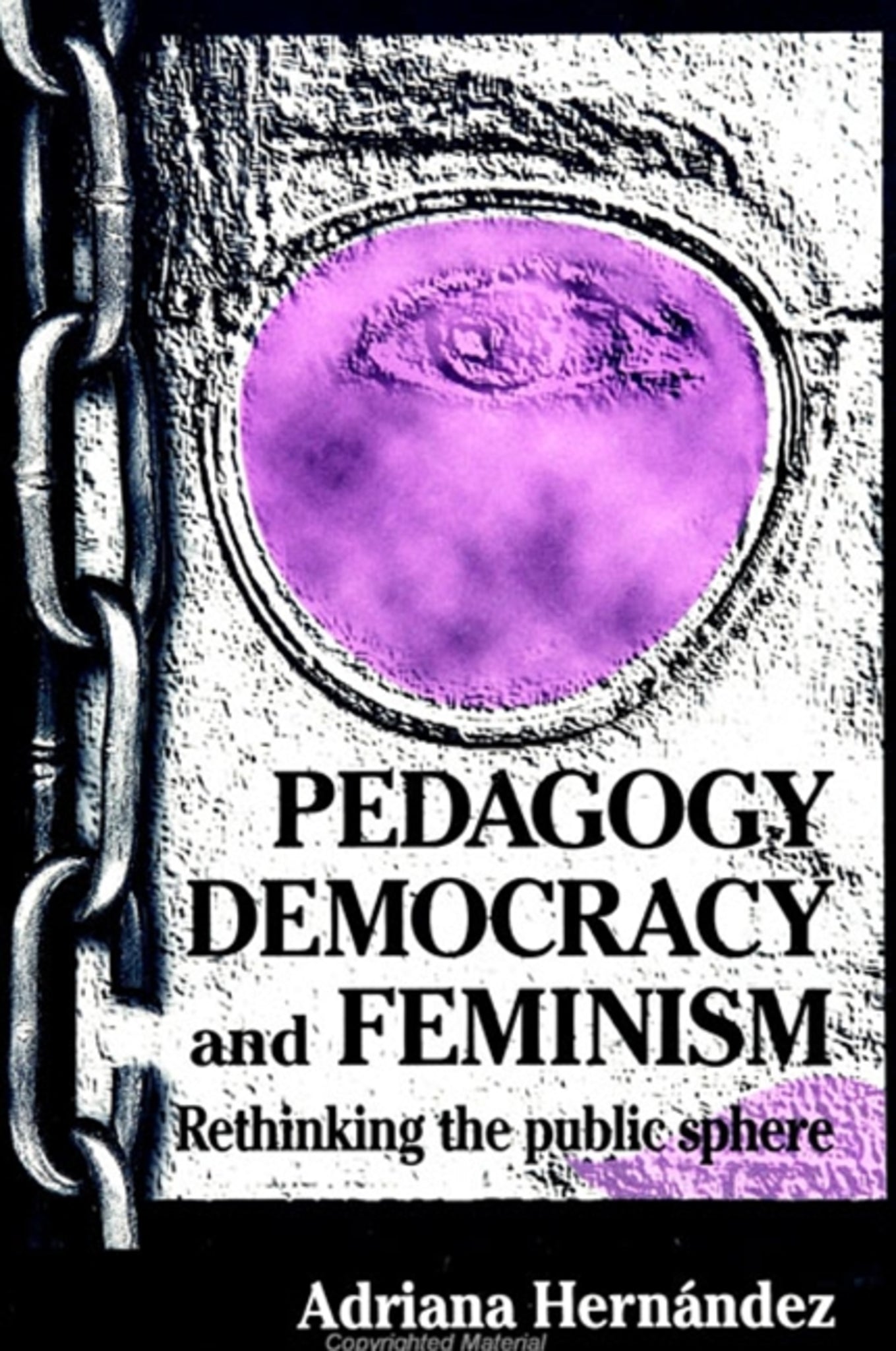We're sorry. An error has occurred
Please cancel or retry.
Pedagogy, Democracy, and Feminism

Some error occured while loading the Quick View. Please close the Quick View and try reloading the page.
Couldn't load pickup availability
- Format:
-
20 February 1997

Shows how recent work in feminist theory, poststructuralist thought, and cultural studies addresses the issue of pedagogy, extending the possibility of social transformation into spaces other than the school setting.
A variety of educational and broader cultural and political questions are addressed in this book such as: What are educational practices about? Where do "schooling" and "learning" take place? What is critical pedagogy? In posing these questions, the author argues that pedagogy is central to any struggle for democracy and that cultural workers must address with specificity the context in which people translate private concerns into public issues.
Hernandez connects forms of learning, knowledge production, and subjectivity formation to processes of both personal and social transformation. She offers her own experience with the Argentine Mother's Movement as a case study in feminist intellectual alignment with cultural workers.


"This book brings the First and Third Worlds into contact in important ways, whilst broaching crucial issues of identity, gender, and the social production of power." — Colin Lankshear, Queensland University of Technology
Acknowledgments
Foreword by Peter L. McLaren and Henry A. Giroux
Preface
Introduction
1. Remapping Pedagogical Boundaries: Critical Pedagogy, Feminism, and a Discourse of Possibility
2. Informing Pedagogical Practices: Democracy and the Language of the Public
3. Inhabiting a Split: Feminism, Counterpublic Spheres, and the Problematic of the Private-Public
4. Re-creating Counterpublic Spheres: The Mothers' Movement in Argentina at the End of the Century
5. Taking Position within Discourse: About Pedagogical and Political Struggles
6. Conclusion
Notes
Bibliography
Index



